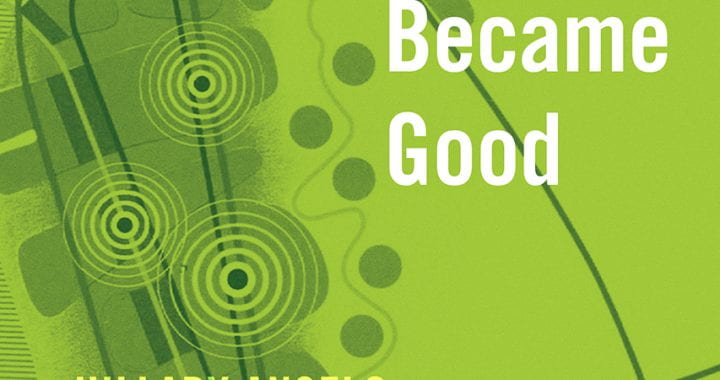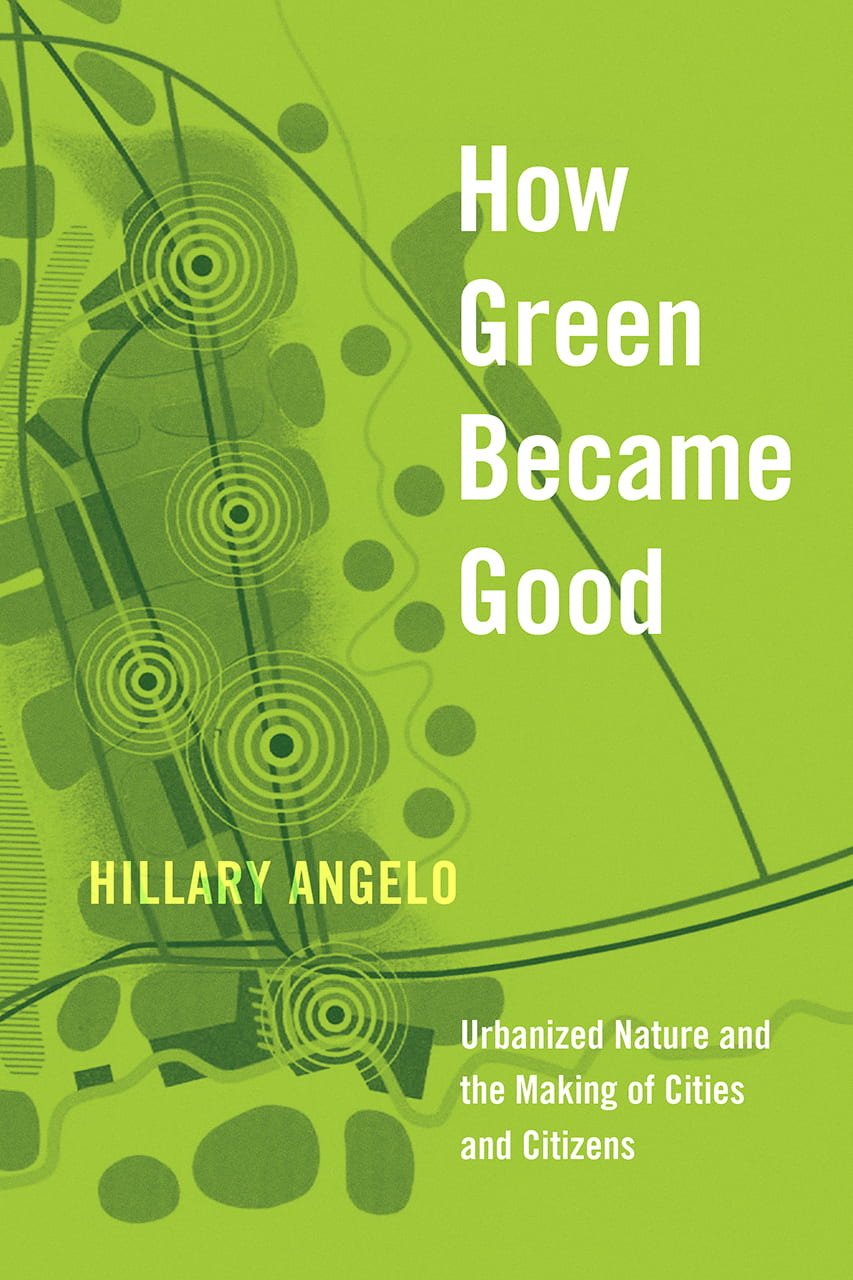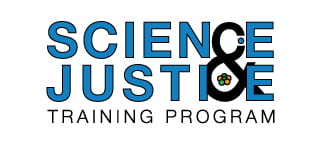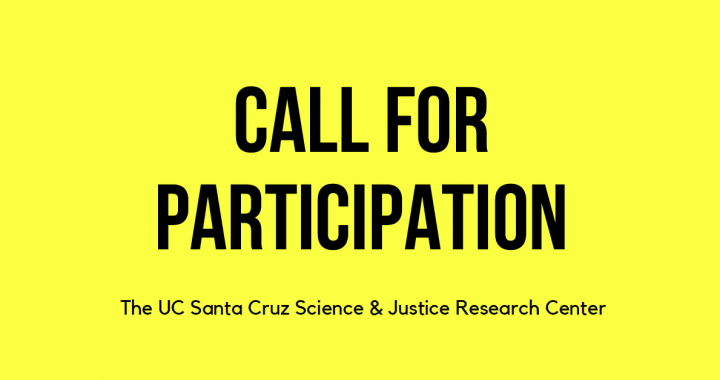The Pandemicene Podcast aims to produce knowledge that can help all of us – scholars and scientists, students and activists – imagine and enact just futures both in our home state of California and in our communities worldwide.
Podcast Episodes
Each new episode airs Sunday evenings, 6:30 – 7 pm, on KZSC Santa Cruz.
Episode 2: Kathia Damian with Joan Donovan on State-sponsored Misinformation
Episode 3: Maryam Nazir with Misha Angrist on Thinking Beyond Bioethics
Episode 4: Gina Barba with Sharon Daniel on Public Art and Carcerality
Episode 5: Maryam Nazir with Rebecca DuBois on a COVID-19 Vaccine.
Episode 6: Gina Barba with Erin McElroy on Housing Justice and Big Tech
Episode 7: Tee Wicks with Owain Williams on the Political Economy of Global Health
Episode 8: Paloma Medina with Martha Kenney on Building Community Resilience
Episode 9: Isa Ansari with Ruth Müller on Collaborative Thinking
Pandemicene Project Information
Graduate and undergraduate student interns in the Pandemicene Project and Theorizing Race After Race groups have co-created this podcast series based on interviews with SJRC’s robust network of local and international public health experts, scholars, and practitioners. Our goal has been to capture everyone’s unique quarantine experiences, interests in understanding local responses to the pandemic, and the world-building projects they have been undertaking!
Our special thanks go to S&J undergraduate researcher Kathia Damian (Literature, Talk and News Director KZSC Santa Cruz 88.1 FM)
Find more information on the COVID-19 Pandemicene’s project page.






